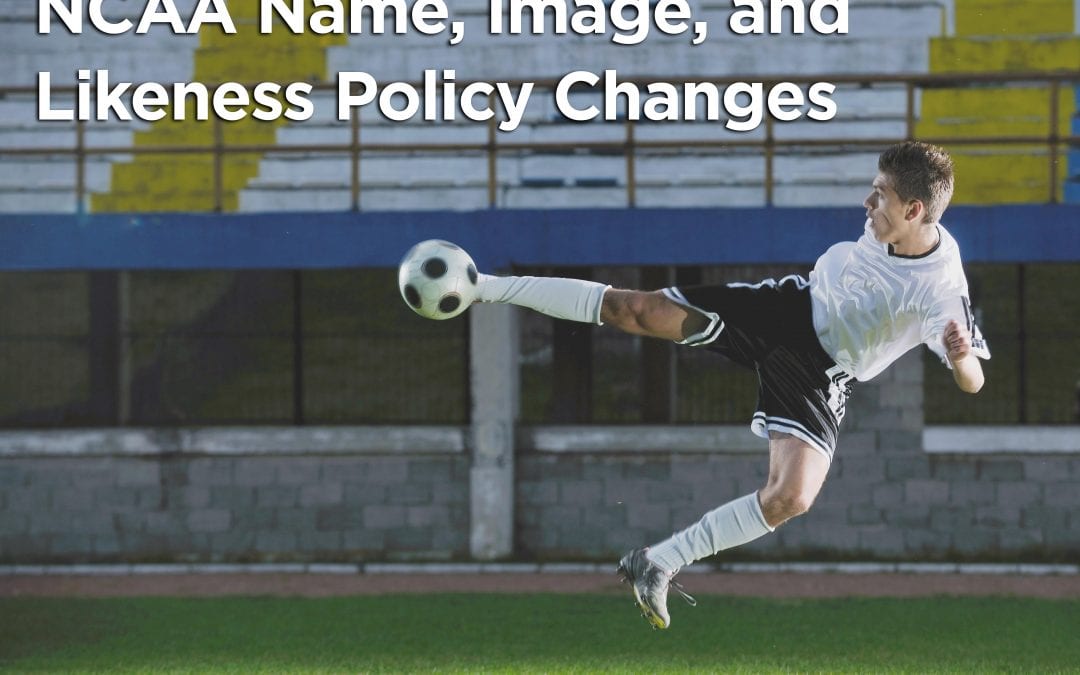NCAA Name, Image, and Likeness Policy Changes
College sports is in a time of great change. Rules that have been in place for years are now being changed after much debate, and many fans are left wondering what it all means for college sports.
In recent years, the name, image, and likeness rules of the NCAA have been hotly debated, and if you haven’t been following the latest developments it can be difficult to sift through the information to figure out what is going on.
If you are trying to get caught up on the situation, then look no further.
Everything you need to know:
In 2019, the NCAA’s board of governors agreed in a unanimous decision that it needed to review and modernize its NIL policy. They directed all three NCAA divisions to make new rules that allow college athletes to make money from NIL deals while still upholding “the collegiate model”.
On June 30, after much delay the NCAA announced an interim NIL policy, effective July 1, 2021. They stated that the situation is both “legal and legislative” and will require the assistance of lawmakers to reach a permanent solution.
The interim rules state that:
- Individuals can engage in NIL activities that are consistent with the law of the state where the school is located. Colleges and universities may be a resource for state law questions.
- College athletes who attend a school in a state without an NIL law can engage in this type of activity without violating NCAA rules related to name, image, and likeness
- Individuals can use a professional services provider for NIL activities.
- Student-athletes should report NIL activities consistent with state law or school and conference requirements to their school.
These rules leave plenty of gray area for schools to draft their own rules based on the laws of their state. The biggest hurdle now is getting a federal NIL law put into effect.
Many states have drafted legislation that allows athletes to make money off their name, image, and likeness. In fact, as many as 27 states have done so, many of which are set to go into effect in 2021, 2022, or 2023.
The NCAA has requested that Congress draft federal legislation so that there can be a clear and consistent standard across the board.
A permanent federal solution may take time, as safeguards must be placed within these new guidelines to avoid violating antitrust laws as well as restricting “pay for play” transactions.
With a permanent solution in the hands of congress, this leaves schools to work around the guidelines set by the NCAA in accordance with their state laws. The way student-athletes have been recruited may change as these items are figured out and this is something that the NCAA will monitor and put safeguards in place.
Sources:
Unable to embed video. Watch on YouTube
